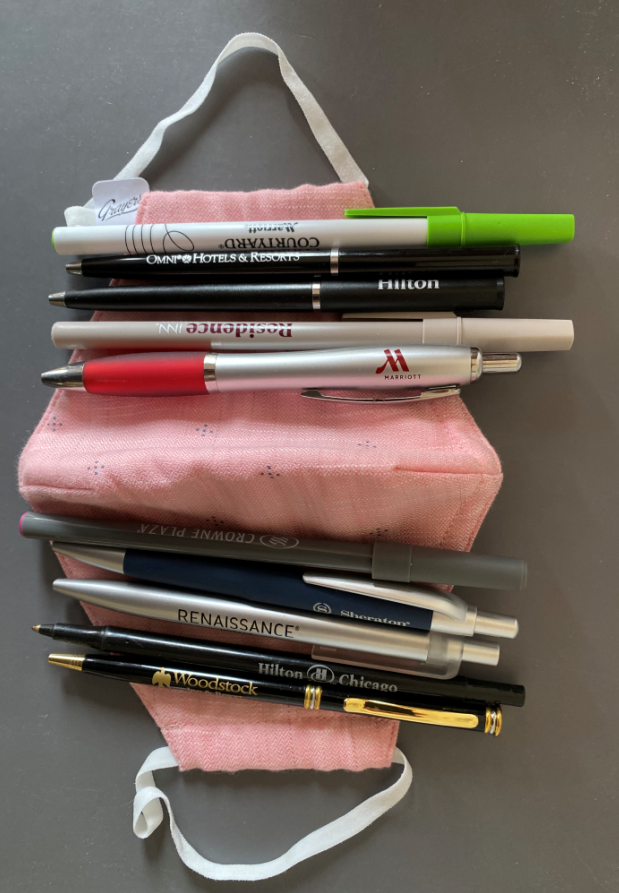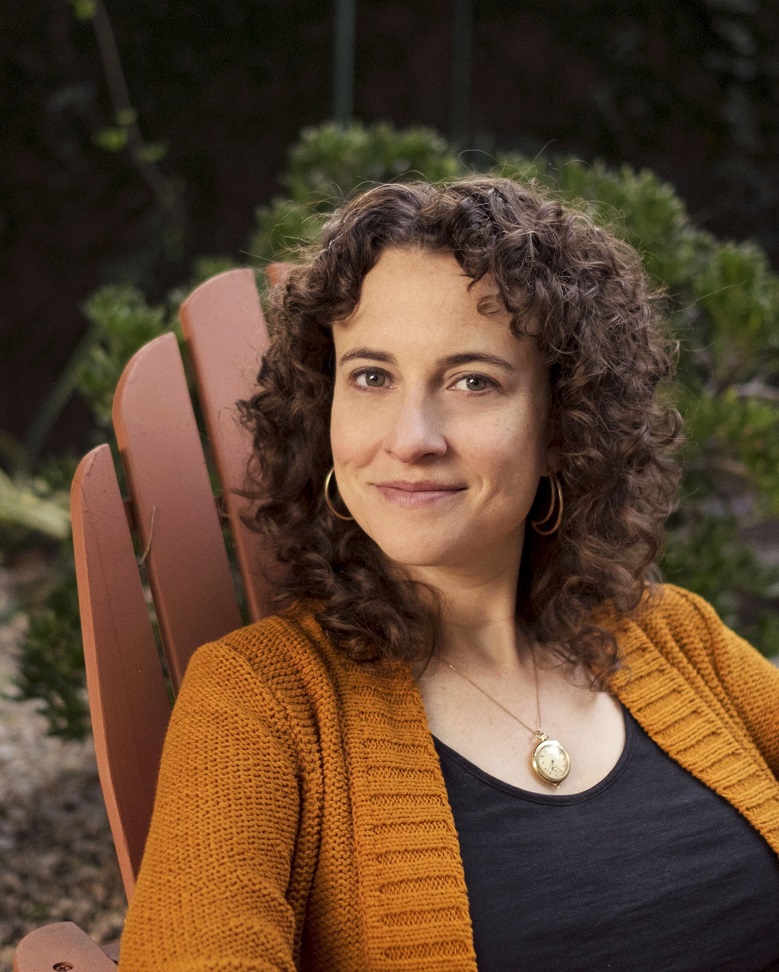 |
| photo: Amanda Treyz |
Amy Meyerson is the author of the bestseller The Bookshop of Yesterdays, which has been translated into nine languages. She has been published in numerous literary magazines and teaches in the writing department at the University of Southern California, where she completed her graduate work in creative writing. Originally from Philadelphia, she lives in Los Angeles. The Imperfects (Park Row, May 5, 2020) is her second novel.
On your nightstand now:
My nightstand is a precarious pile of books I plan to read next. At the top are The Glass Hotel by Emily St. John Mandel, which I'm reading, and The Library Book by Susan Orlean, which I'm listening to. I like to read fiction, so I can see it unfold on the page, and listen to nonfiction, particularly when it's read by the author, as is the case with The Library Book.
Favorite book when you were a child:
If I'm being honest, the first books I read voraciously were the Babysitters Club series, although I remember very little beyond the characters' names despite having owned the board game and several VHS tapes of the television show. As an adult, the childhood book I most often return to is The Westing Game by Ellen Raskin. It's so well written and the clues throughout are really fun. I can't wait to read it with my son when he's a little older.
Your top five authors:
I always have a difficult time answering this question because I am very loose with favorites. Everything I like at a particular moment is my favorite. I probably have one hundred favorite writers. That said, five authors whose new books I will always buy without having to know anything about them are Jennifer Egan, Ann Patchett, Jeffrey Eugenides, Tana French and Aimee Bender.
Book you've faked reading:
Wuthering Heights by Emily Brontë. It's terrible because I know I will love it when I read it--which is why I've faked it!--and have zero excuse for not having read it.
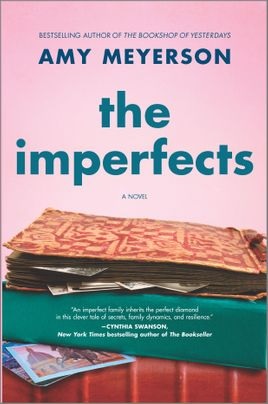 Book you're an evangelist for:
Book you're an evangelist for:
Away by Amy Bloom. The way Bloom moves across space, the characters, the shifting points of view, the prose--I love absolutely everything about this novel.
Book you've bought for the cover:
Where'd You Go Bernadette by Maria Semple. At the time, I didn't know anything about the novel, but the drawing of Bernadette on the cover was so revealing of its tone. The words inside are just as fun.
Book you hid from your parents:
Even Cowgirls Get the Blues by Tom Robbins, not that my parents knew what the novel was. It was the first dirty book I read with curse words. Like a lot of teenagers, I was drawn to its counterculture qualities. It was one of those books that made me reevaluate what a book could be. I don't know if my parents would have cared, but I felt a little naughty reading it.
Book that changed your life:
Probably the book that most tangibly affected my life was Norwegian Wood by Haruki Murakami. I was reading it when I started working on my first novel, The Bookshop of Yesterdays. At the time, I knew I wanted to write a book about books with a scavenger hunt at the heart of it, but I didn't decide to set it in a bookstore until I read Norwegian Wood. One of the love interests in the novel works in her family's bookshop. It isn't a novel that's normally categorized as a bookshop book, but it was the first book I read that was set in a bookstore.
Favorite line from a book:
I'm a sucker for a good first line, the kind of beginning that makes you stand still in a bookstore and read the first chapter. My favorite first line to teach is the opening of Flannery O'Connor's story "A Good Man Is Hard to Find": "The grandmother didn't want to go to Florida." Sure, it's a simple sentence, but it immediately creates conflict and has the reader asking questions. Plus, O'Connor's initial version of that line was, "Granny didn't want to go to Florida." The small shift from "Granny" to "the grandmother" creates a huge tonal change. It's a good reminder that even the smallest of choices can impact a story.
Five books you'll never part with:
I think the easiest way to answer this question is to list some of the novels on my bookshelf that have made the moves with me from college to Brooklyn, to Colorado, back to Brooklyn and to four different homes in Los Angeles. I'm pretty settled now, but if I do move again, I'm certain these will come with me.
The Woman Warrior by Maxine Hong Kingston (which has nibble marks along the spine from a pet rabbit I had in college.)
The Handmaid's Tale by Margaret Atwood (my mom's mass market paperback copy from 1986.)
The Bell Jar by Sylvia Plath (which I've probably read more times than any other novel.)
Revolutionary Road by Richard Yates (which has some of the best domestic arguments I've ever read.)
Wonder Boys by Michael Chabon (one of the few "free reading" books I read in college and still one of my favorites.)
Book you most want to read again for the first time:
Atonement by Ian McEwan. It's one of the few books I stayed up all night to finish. I love that breathless feeling when you simply can't do anything but read. You get glimpses of it on rereads, but the intensity of needing to know what happens diminishes.
Favorite book about writing:
Reading Like a Writer by Francine Prose is my favorite book on writing because it's a book on reading. I think learning to be an engaged reader is the best way to become a more conscious writer. Prose's book made me aware of all the subtle choices writers make that shape a story. I'm constantly recommending it to students.
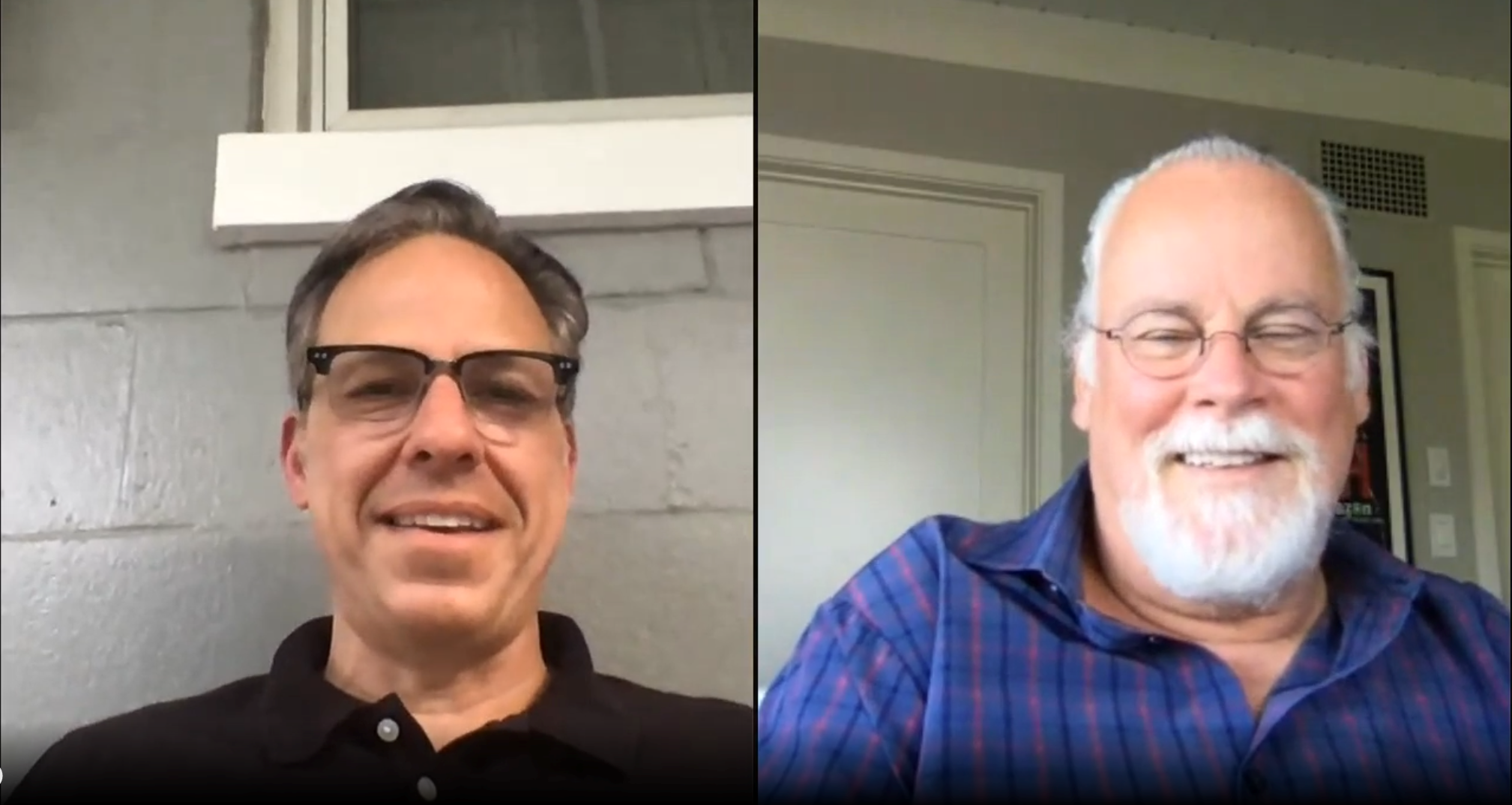 "Oh man, that would be hard to pick [a favorite indie]. I've been crossing the country for almost 30 years, being in bookstores. There are so many of them: RJ Julia up in Connecticut, down through Mysterious Bookshop in New York. Out in L.A. there's Book Soup, Vroman's, just tons of stores all over the place. I couldn't pick one. I did a virtual event last night with Poisoned Pen. That was my first virtual event and I think I did my very first book signing back in 1992 there as well. They're still there, still surviving. And as you say it's tough, so it's great to do something like this... that may raise awareness and some money for this really important part of our culture."
"Oh man, that would be hard to pick [a favorite indie]. I've been crossing the country for almost 30 years, being in bookstores. There are so many of them: RJ Julia up in Connecticut, down through Mysterious Bookshop in New York. Out in L.A. there's Book Soup, Vroman's, just tons of stores all over the place. I couldn't pick one. I did a virtual event last night with Poisoned Pen. That was my first virtual event and I think I did my very first book signing back in 1992 there as well. They're still there, still surviving. And as you say it's tough, so it's great to do something like this... that may raise awareness and some money for this really important part of our culture."










 Like other regional booksellers associations, the
Like other regional booksellers associations, the 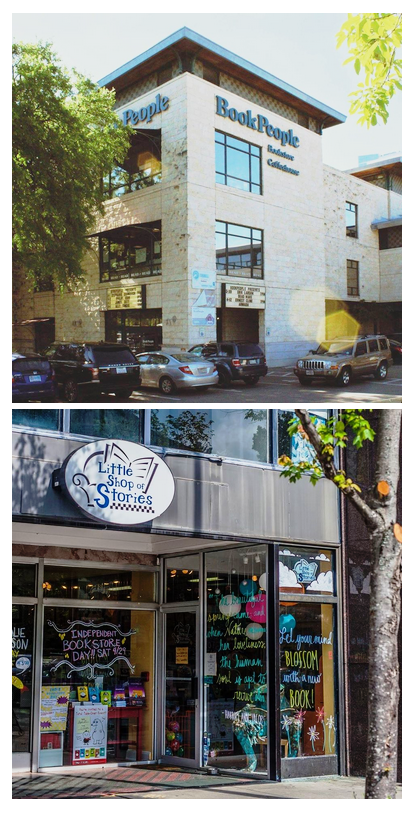 Winners have been announced for the 2020 Pannell Awards, given by the
Winners have been announced for the 2020 Pannell Awards, given by the 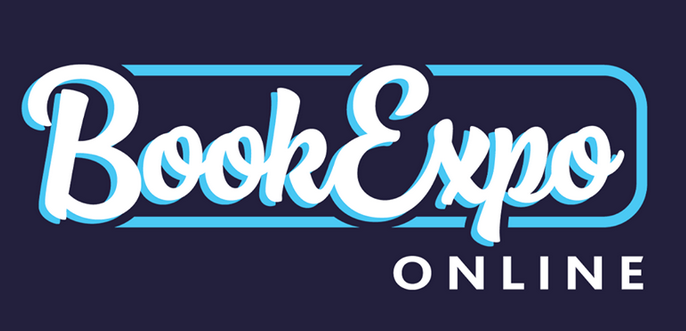 Judy Blume, celebrating the 50th anniversary of Are You There, God? It's Me, Margaret (Atheneum/S&S) started off BookExpo's virtual
Judy Blume, celebrating the 50th anniversary of Are You There, God? It's Me, Margaret (Atheneum/S&S) started off BookExpo's virtual 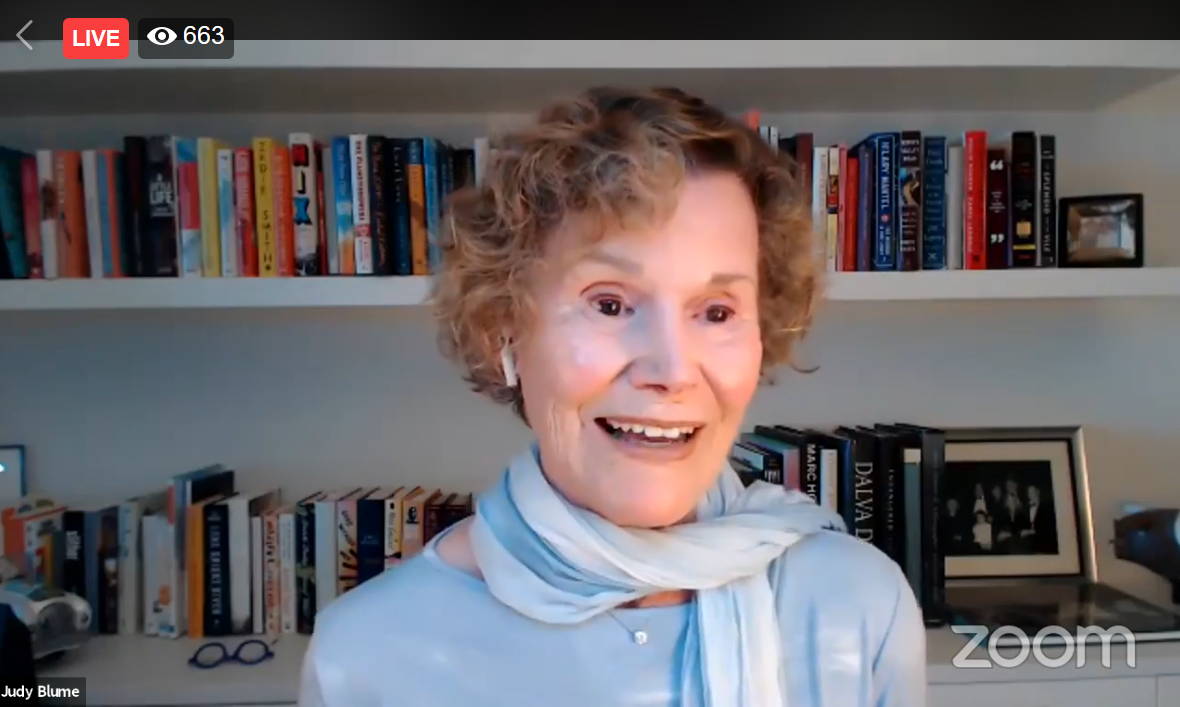
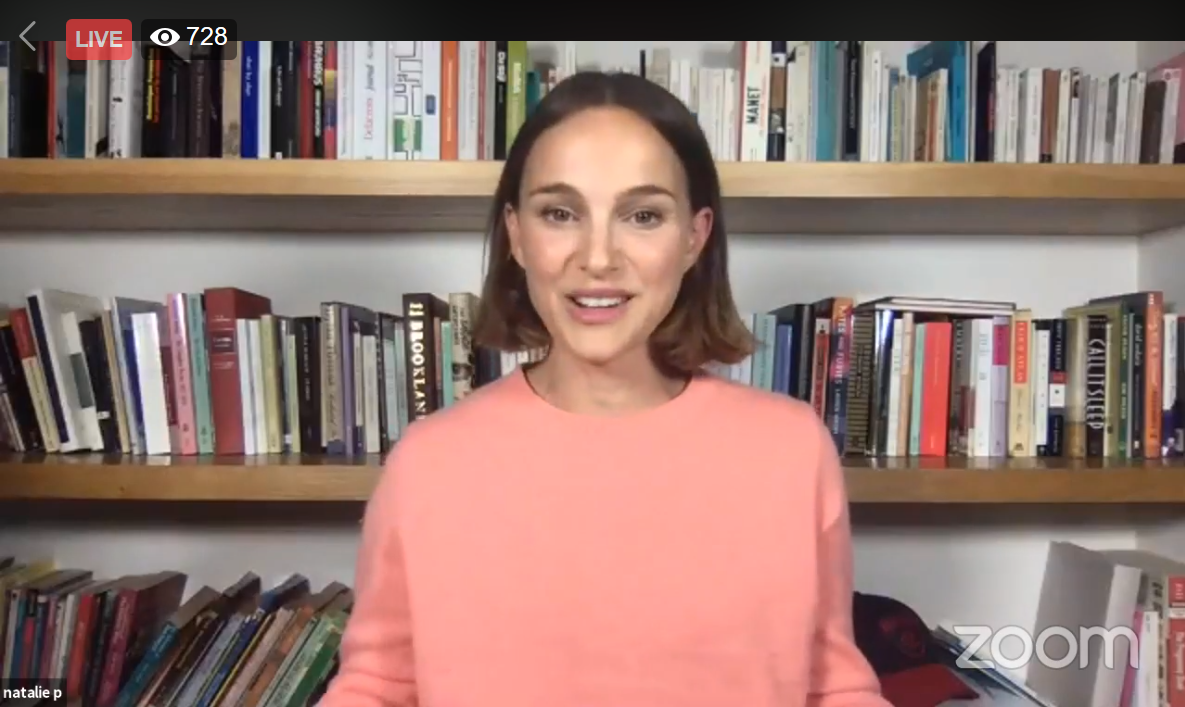
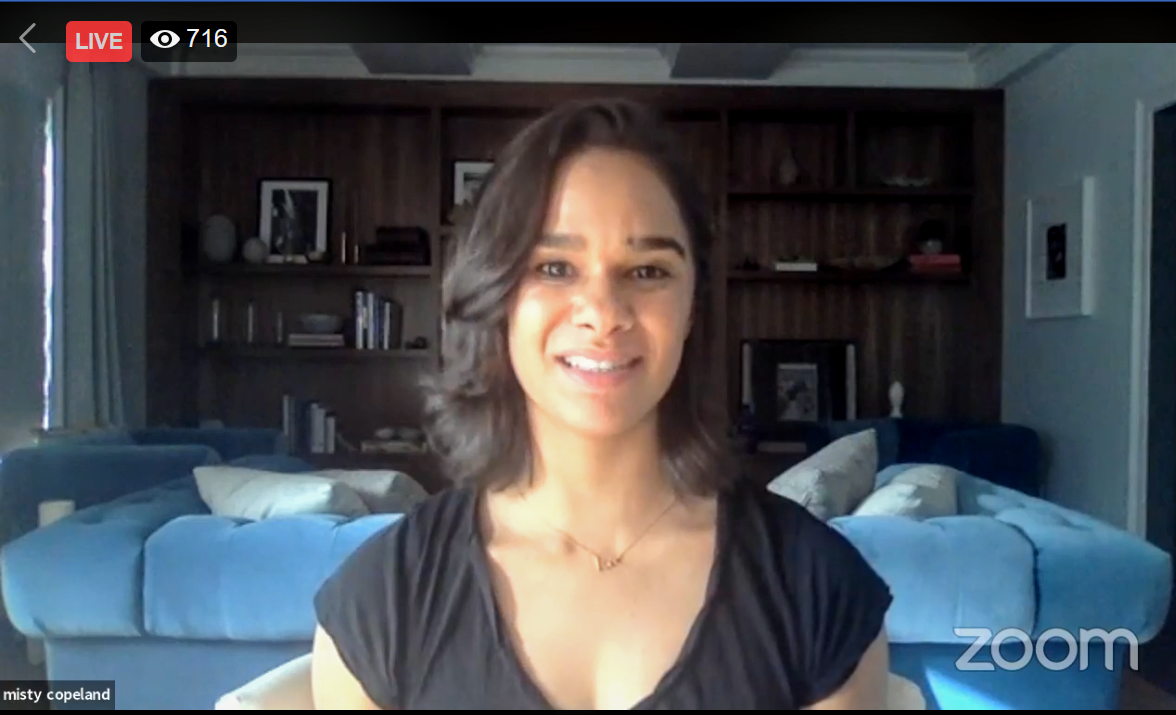
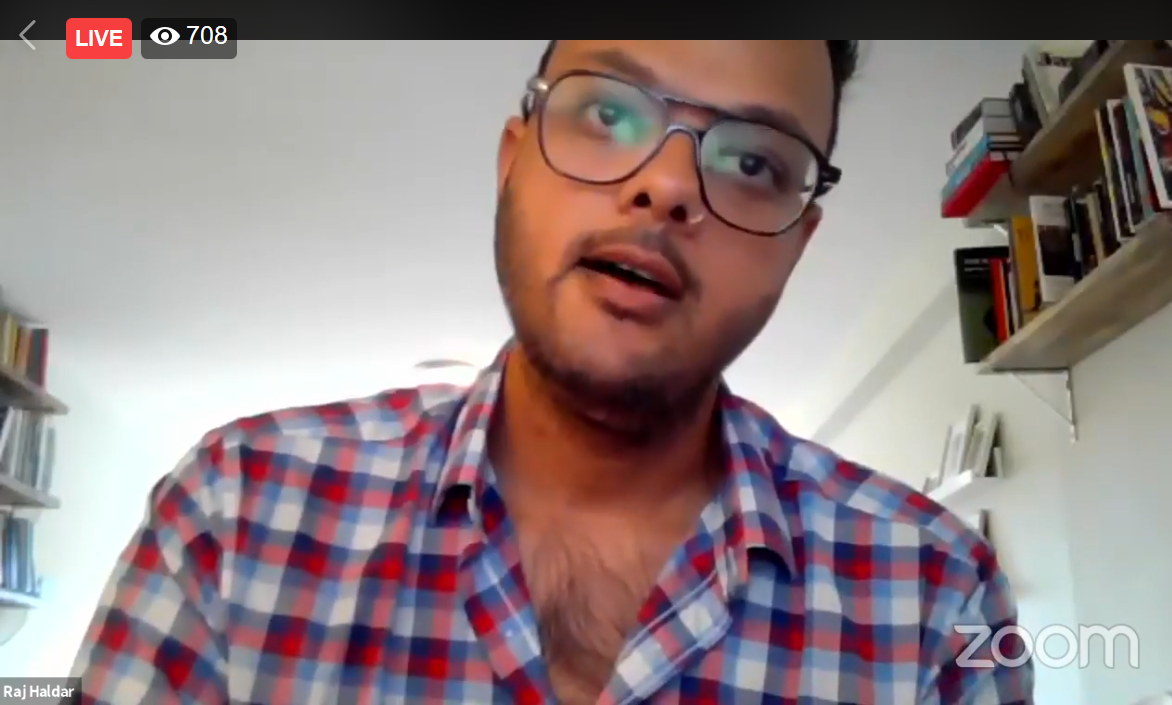
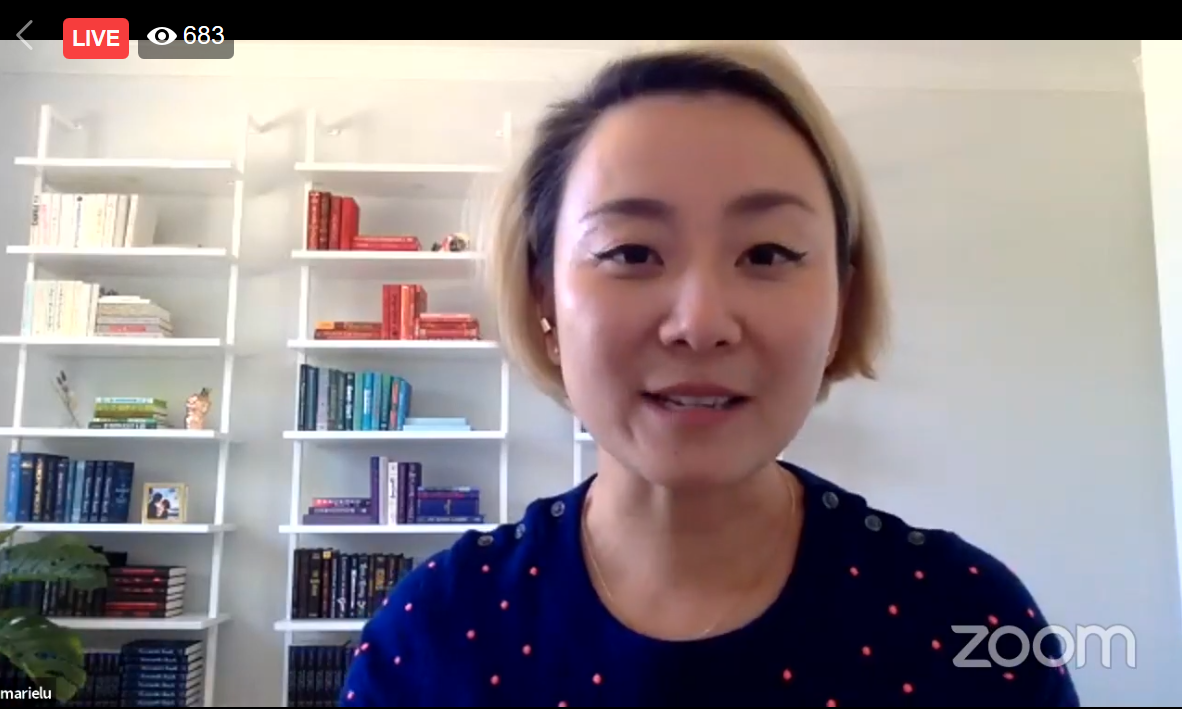
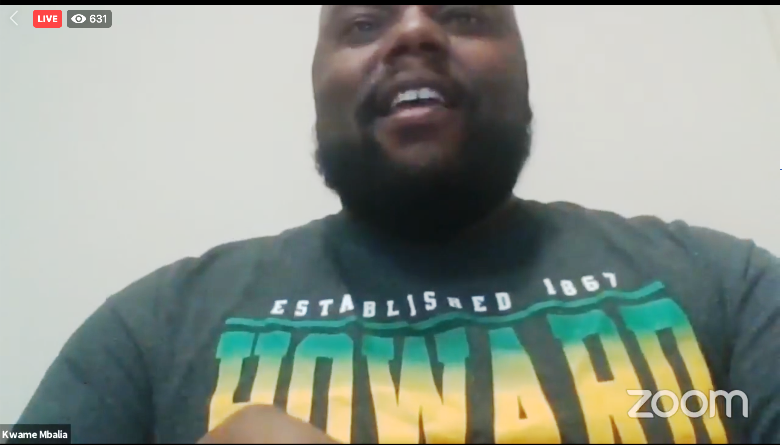
 The School Library Journal Day of Dialogue, held virtually for the first time, and
The School Library Journal Day of Dialogue, held virtually for the first time, and 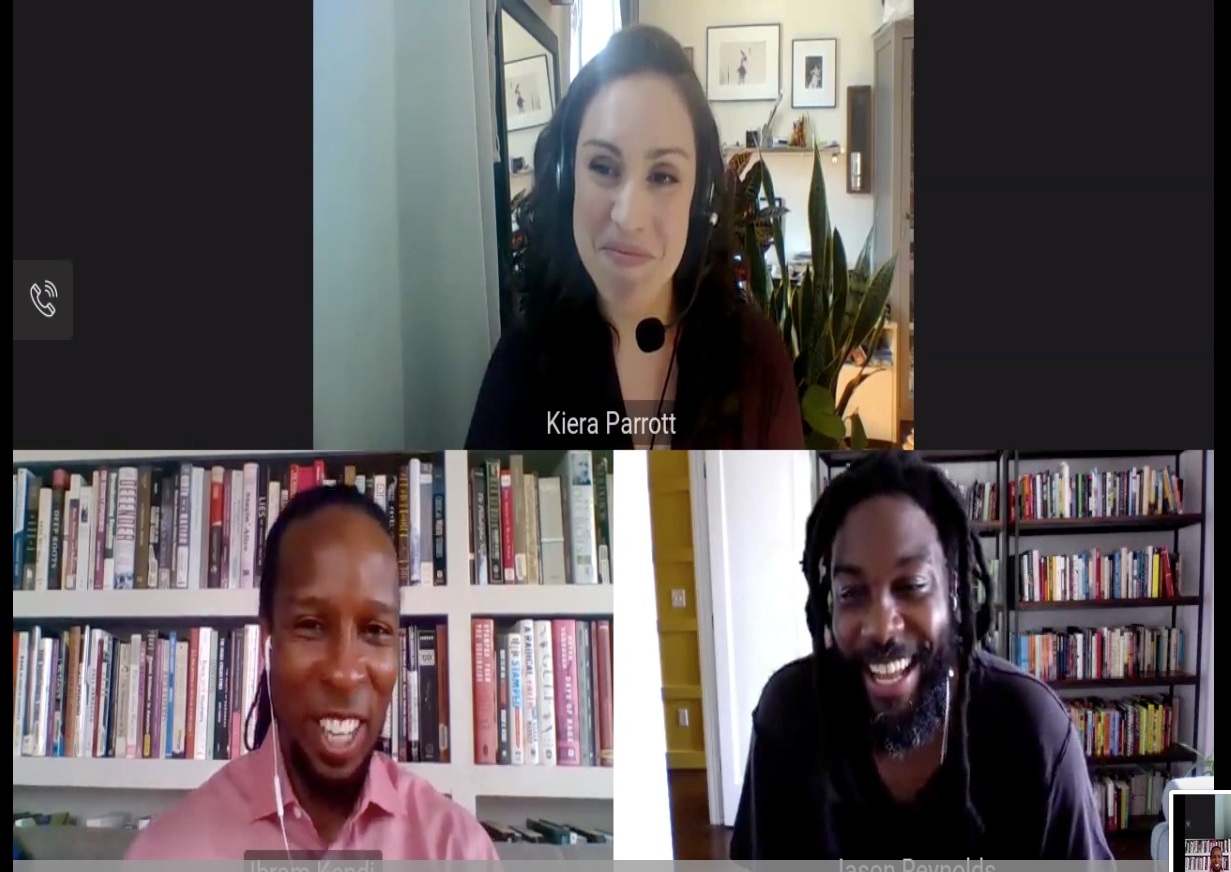
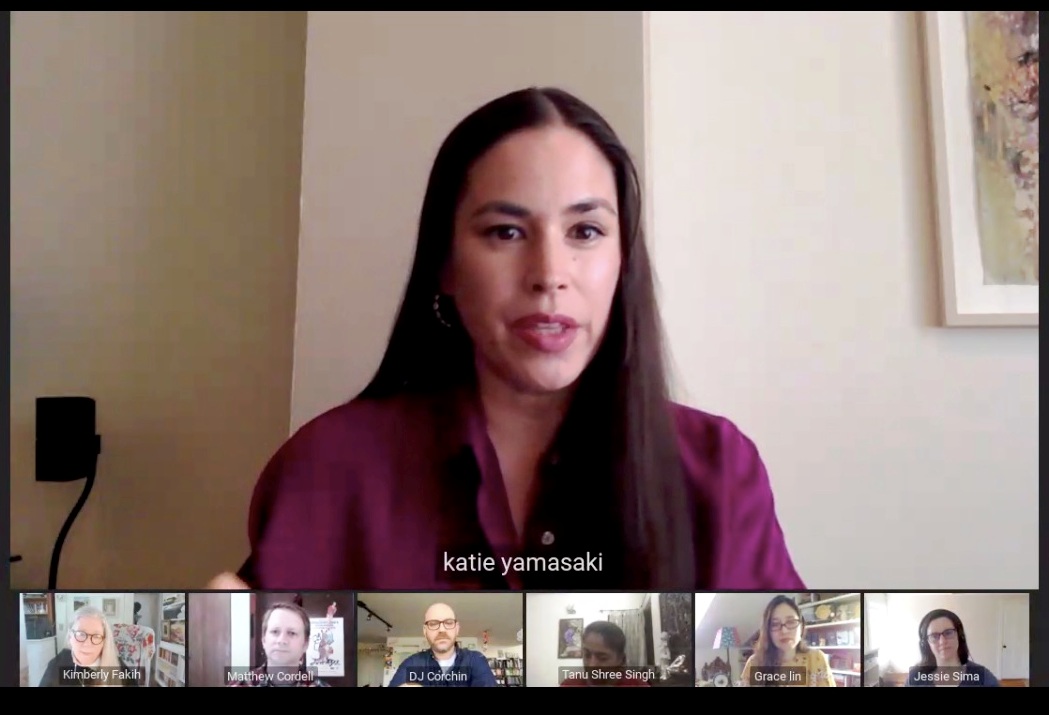
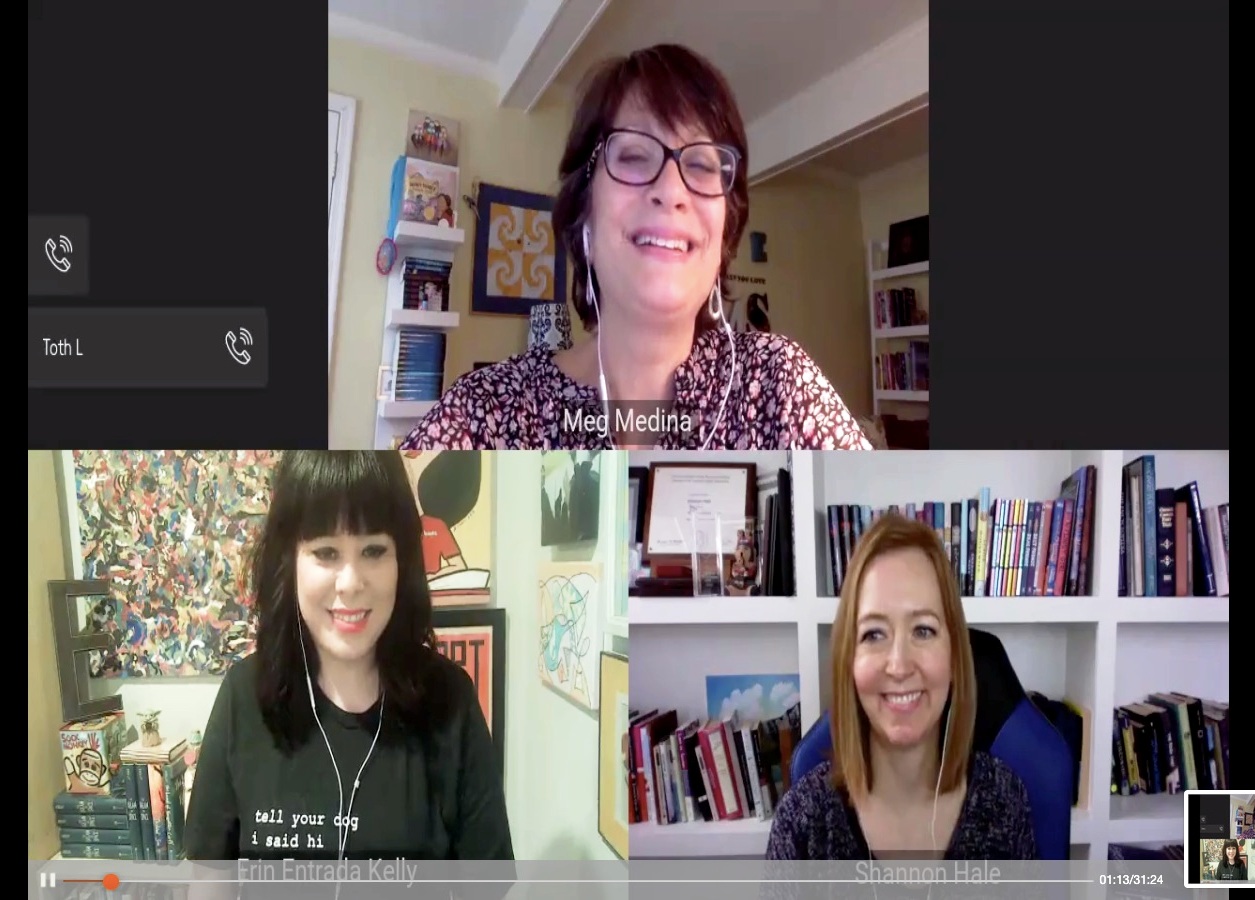
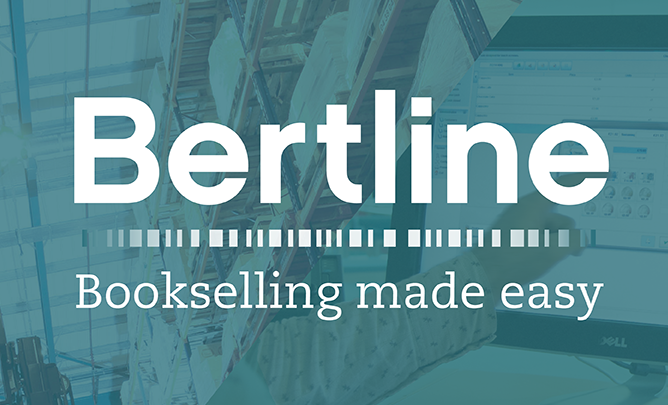 The Booksellers Association of the U.K. & Ireland
The Booksellers Association of the U.K. & Ireland  The Canadian bookstore chain Indigo has reopened many of its stores across Canada, with
The Canadian bookstore chain Indigo has reopened many of its stores across Canada, with 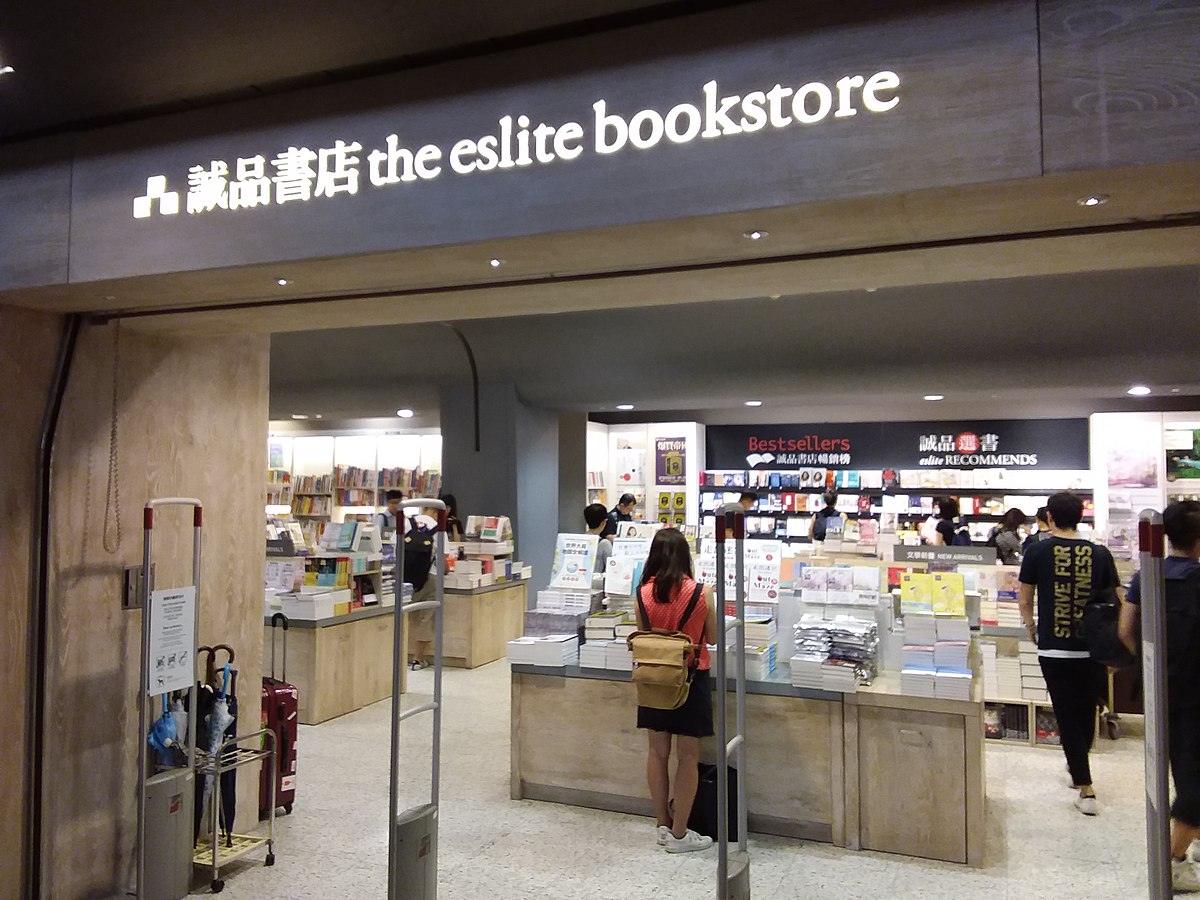 Eslite, the Taiwan bookstore chain that also has stores in China and Japan, will close more of its outlets in Taiwan later this year as part of a restructuring plan, the
Eslite, the Taiwan bookstore chain that also has stores in China and Japan, will close more of its outlets in Taiwan later this year as part of a restructuring plan, the 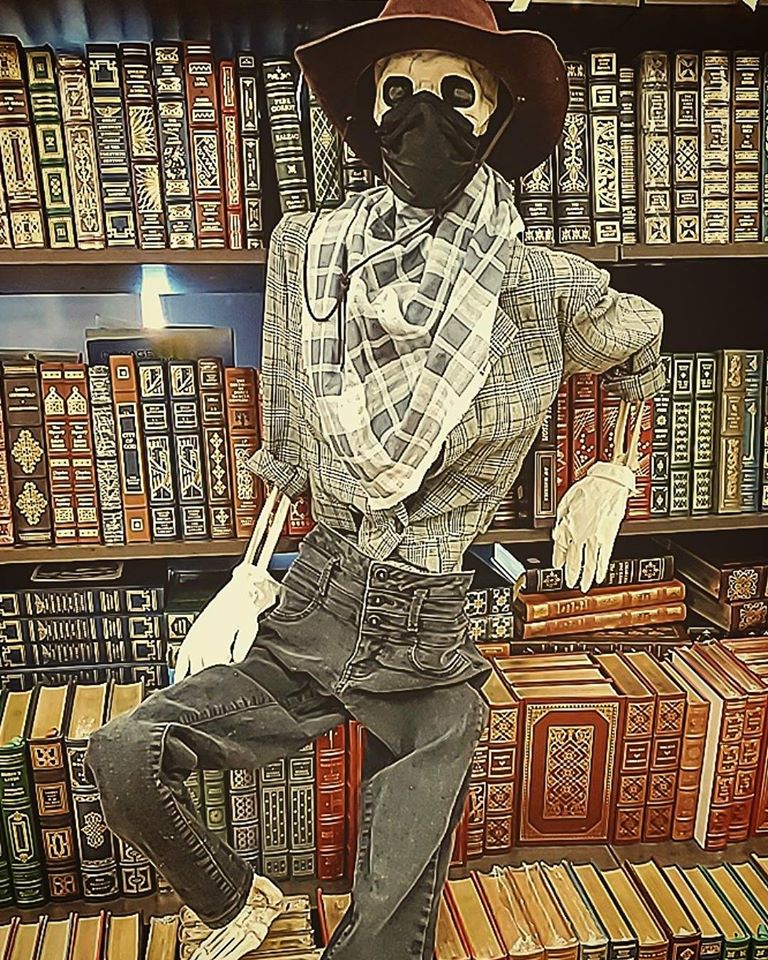 Posted on Facebook by the
Posted on Facebook by the  Silver Wings, Iron Cross
Silver Wings, Iron Cross
 Book you're an evangelist for:
Book you're an evangelist for: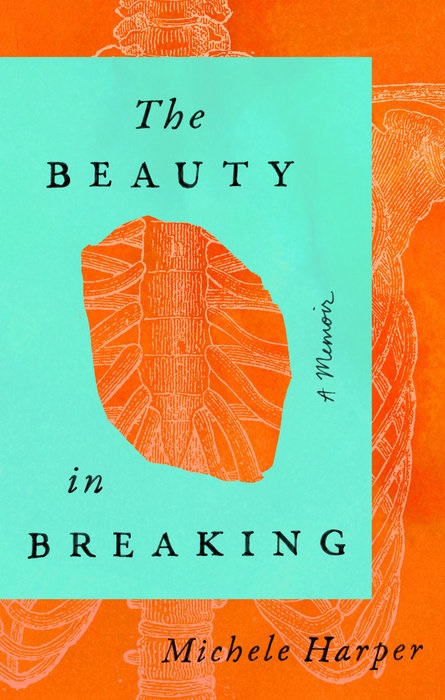 Medical dramas tend to earn the skepticism of real medical professionals like Michele Harper, an emergency room doctor and the author of The Beauty in Breaking: A Memoir: "No, the ER staffs are not Hollywood beautiful--you won't find us in the pages of Vogue or GQ, and we're not all sleeping with one another (I've worked in only one hospital like that)." But readers of The Beauty in Breaking can be forgiven for registering some of the pleasures derived from watching Grey's Anatomy and its kin: good storytelling, memorable characters, shocking outcomes, unexpected uplift and satisfying blasts of righteous indignation.
Medical dramas tend to earn the skepticism of real medical professionals like Michele Harper, an emergency room doctor and the author of The Beauty in Breaking: A Memoir: "No, the ER staffs are not Hollywood beautiful--you won't find us in the pages of Vogue or GQ, and we're not all sleeping with one another (I've worked in only one hospital like that)." But readers of The Beauty in Breaking can be forgiven for registering some of the pleasures derived from watching Grey's Anatomy and its kin: good storytelling, memorable characters, shocking outcomes, unexpected uplift and satisfying blasts of righteous indignation.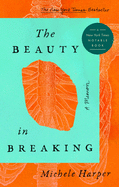

 "We will travel again," Marriott Bonvoy recently assured me in an e-mail, though I keep thinking about an empty Wyndham New Yorker hotel on Eighth Avenue this week. As recently as February 19 (February 19!),
"We will travel again," Marriott Bonvoy recently assured me in an e-mail, though I keep thinking about an empty Wyndham New Yorker hotel on Eighth Avenue this week. As recently as February 19 (February 19!), 